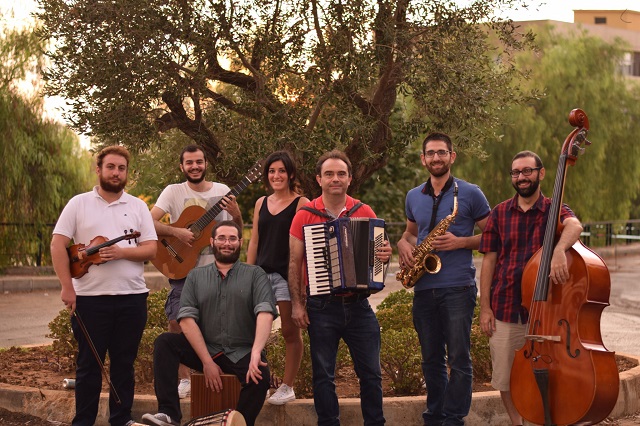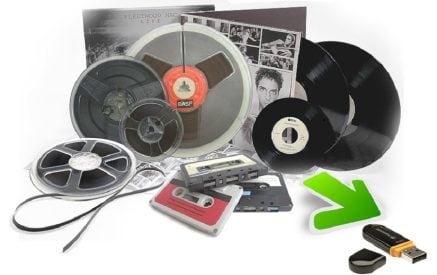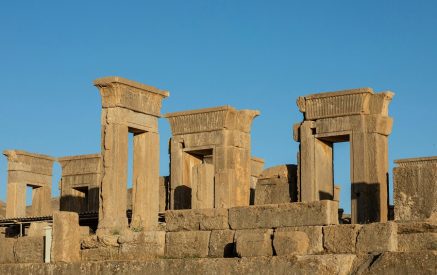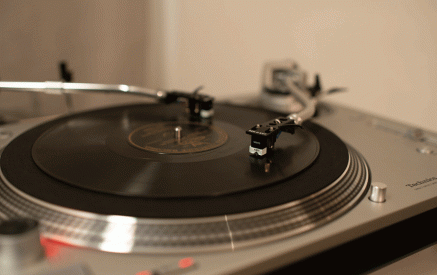February marked six months since the devastating explosion at the Port of Beirut, which killed over 200 people, injured and traumatized thousands and paralyzed much of the Lebanese capital. In its wake last fall, a number of Armenian musicians organized a fundraising concert for the victims of the blast. The young Lebanese-Armenian folk band Garabala was one of these talented artists, performing their cover of Fairuz’s famed homage “Li Beirut.”
Late last year, I caught up with vocalist Aline Naccachian and guitarist Hrag Karakachian to learn more about the band, its unique style and the greatest challenges they faced in 2020.
Read also
Garabala’s journey began in 2011 at a music festival in the Armenian village of Anjar in Lebanon. The band’s initial setup included a violinist (Khatchig-Hrag Demirjian), guitarist (Hrag Karakachian), percussionist (Aram Papazian) and vocalist (Aline Naccachian). Several more musicians joined later: Sebouh Aintablian on accordion, Hagop Harfoushian on saxophone and Shahan Kilaghbian on double bass. Since 2016, the band has had seven members, none of whom make a full-time living with music. While all of Garabala’s members have careers outside of the band, their shared love for music is what brings them together to create and perform as Garabala.
What started as a hobby soon turned into a commitment. A key turning point was their appearance in Tsovits Tsov, an Armenian folk music contest that took place in Moscow back in 2014. Garabala shared the stage with the most renowned folk bands and musicians from Armenia and the Diaspora—a significant step forward that helped Garabala re-evaluate the potential of their band. As they started investing more time and effort into arranging and practicing music, Garabala approached their first milestone – their album release concert in Beirut in August 2017. Tickets for the concert were sold out in one day. Garabala was beginning to make a lasting impression on Beirut’s Armenian community. The concert served as an impetus for Garabala’s future projects.
The band’s peculiar name was suggested by a fan who likened the musical collective to Կարա Բալա—the elderly florist of Yerevan who would gift flowers to passersby. Garabala’s fresh and at times experimental arrangements have essentially revived Armenian folk music in Beirut, especially among the youth. “It seemed as if there was this generational gap between folk songs and Armenians in Lebanon,” said Naccachian, noting the lack of a young relatable band modernizing classic songs. “We kind of performed the bridge role,” she continued.
Even though Garabala has succeeded in making Armenian music and culture more engaging for the younger generation of Armenians in Lebanon and beyond, the band’s audience is comprised of much more than just young Armenians. In their native Beirut, Garabala’s concerts bring together people of all ages. “Our audience had six to seven-year-old kids and 80-year-old people, and they were enjoying it just the same,” recalled Naccachian. The secret ingredient that contributed to the beloved band’s popularity was their unique style. The musical tastes of Garabala’s members span a wide range of genres, from gypsy and flamenco to jazz and metal. The inspired musicians often leave their comfort zones for new arrangements. “We like going places we aren’t that comfortable with,” says Karakachian, Garabala’s guitarist and vocalist. The band’s daring and playful arrangements are created during experimental jam sessions and are key to the distinctive Garabala sound. This comes with a challenge of finding the balance between preserving Armenian musical heritage and enjoying the freedom to interpret and arrange traditional tunes in a modern way. According to Karakachian, Garabala responds to this dilemma with their collective appreciation of each arrangement. If a member is not happy with the current state of a piece, the band will not include it in its repertoire. “As we are experimenting, it might reach a point where it starts becoming something we don’t appreciate. Our collective appreciation is ‘the line,’” stressed Karakachian. “We want to make sure we’re doing justice to a song,” added Naccachian.
Garabala’s repertoire pays tribute to many well-known pieces by Komitas and Sayat Nova, as well as modern Armenian composers arranged and performed by the band. “One of the best feelings on stage is when you sing Komitas and the entire audience joins and sings Gakavig,” says Karakachian. He notes that there isn’t any set criterion for choosing songs for the band’s repertoire – the only thing that matters is the music.
The band also performs lesser-known songs, such as Edz. Karakachian says he learned this song from his grandmother. He recorded her singing it one day and transcribed the notes and lyrics. The tune was later harmonized and arranged by the band into a full-fledged piece. The band has also recorded one original song, Nor Hayasdan.
Garabala has become an integral part of Beirut’s vivid and rich music scene. For several years, the band played at Metro Al Madina in the city’s Hamra neighborhood, known to be a dynamic space for musicians and artists of diverse cultural and ethnic backgrounds. Garabala’s success in this venue attracted more and more non-Armenians to the band’s concerts, some of whom were first introduced to Armenian music by Garabala. As part of the rich cultural and artistic environment of Beirut where different cultures and styles feed into each other, it’s only natural for Garabala to incorporate certain Middle Eastern musical elements into their arrangements. The band has also included two Arabic songs in their repertoire.
Life changed for Garabala in 2020 when the global pandemic essentially put the band’s life on hold and prevented them from on-stage performances and in-person rehearsals. Working and creating remotely, however, were not foreign for Garabala. Several members of the band had previously moved abroad, so the musicians were to some extent familiar with the new reality of staying apart. As for online rehearsals, the practicalities of this process turned out to be quite tricky, but band members say they have figured it out for now. “We’ve done our best to stay active – within limits,” says Naccachian. “We’re in a better place now.”
The group says their ultimate wish is to emerge from this experience and reunite to play and create music again. When asked if they had ever dreamed of creating a folk band, the reply was, “We just wanted to play Armenian music.”
Narine Vlasyan
Photo Caption: Garabala band members pictured left to right: Khatchig-Hrag Demirjian, Hrag Karakachian (standing), Aram Papazian (sitting), Aline Naccachian, Sebouh Aintablian, Hagop Harfoushian, Shahan Kilaghbian.

























































